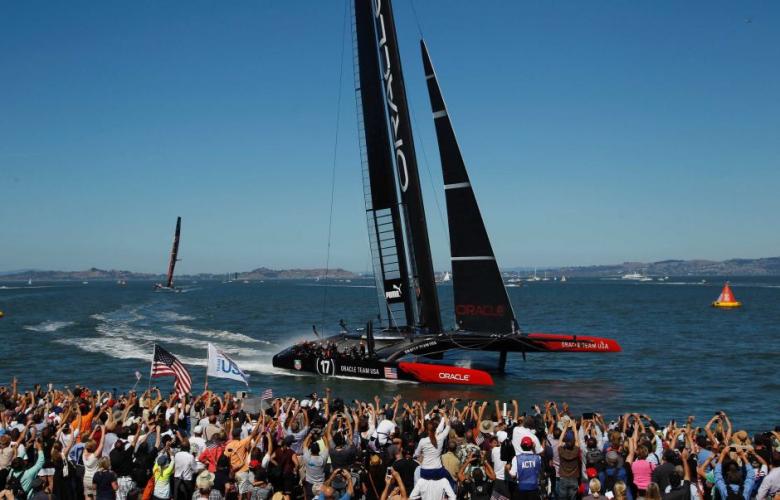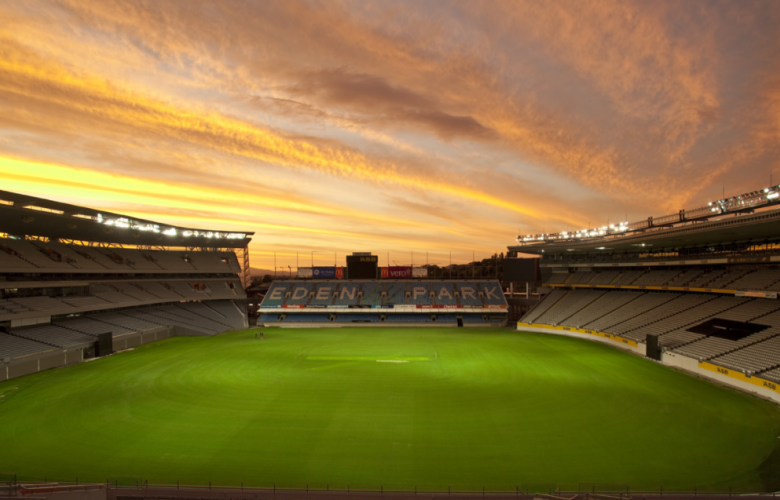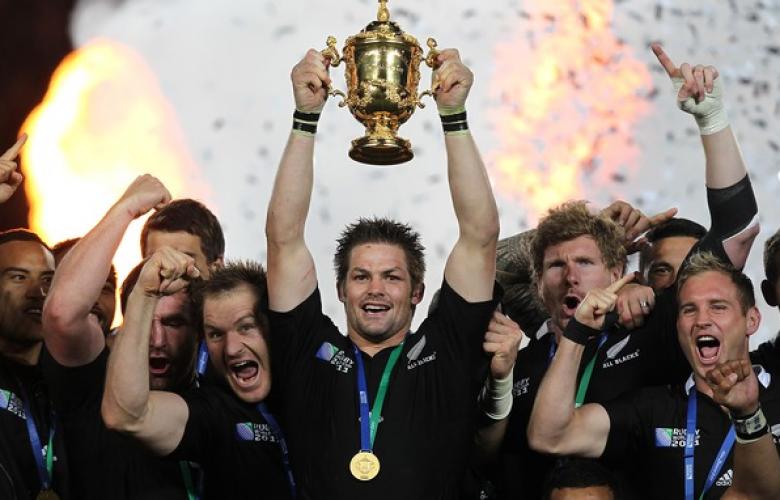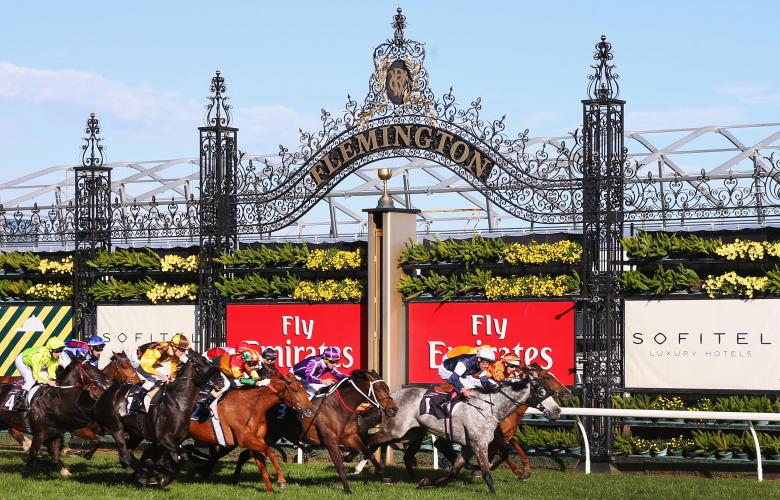Sports tourism pushes hotel occupancy rate to 90% in Australia’s and New Zealand’s sporting capitals
Contact
Sports tourism pushes hotel occupancy rate to 90% in Australia’s and New Zealand’s sporting capitals
A tale of two cities: an increase in large sporting events sees more Melbourne hotel rooms being built while demand outstrips supply in Auckland.
Aussies and Kiwis love their sports, and this growth industry is setting challenges for the hotel industry. With overseas visitors also helping to accelerate the growth of sports tourism, the demand for an increase in hotel rooms is created. Melbourne is seeing a growth in the construction of rooms to fit this demand, but Auckland needs to come to the party.
Major events held at premier facilities attract massive crowds such as Melbourne's Australian Open, AFL, Boxing Day Test, Spring Racing Carnival, Formula One Grand Prix, Phillip Island’s Motorcycle Grand Prix and Auckland's World Masters Games, the British & Irish Lions tour, the Rugby League World Cup and America's Cup. These visitors create further opportunities for hotels, restaurants, bars and shops and pumps money into the economy. Melbourne's sporting events generate over $1.8 billion each year to the Victorian economy, while tourism business website Tourism Ticker says six major sports tourism events are set to pump more than $210m into the New Zealand economy this year.
As an economic boost for these cities, there is still further growth potential as demand rapidly increases for additional accommodation to cater for the surge in the number of visitors. The Sun Herald wrote, in 2016, “Melbourne is set for a hotel boom with about 10,000 rooms recently opened, under construction or in the pipeline, as the city prepares for a packed 2017 events calendar.” The Melbourne Convention Centre, including hotel rooms and residential apartments, shops and office space plus nine mixed-use developments, including 2500 hotel rooms will be built in less than two years. A further 900 are under construction, and about 4000 have been approved by Melbourne City Council. Meanwhile A report, commissioned by NZTE, Tourism New Zealand, and the Ministry of Business, Innovation and Employment (MBIE), found "current demand and supply projections indicate that Auckland's hotel sector will remain highly constrained over the next decade, resulting in annual occupancy rates that approach 90 per cent in the long-term. "It's well known that Auckland uses up its [accommodation] capacity pretty quickly - and the challenge for the city and the country is to have sufficient inventory when guests arrive," says Richard Croucher, audit and assurance partner in global business and accountancy network BDO - and Head of BDO's Sports, Tourism and Leisure Sector.
Lord Mayor Robert Doyle said Melbourne “needed somewhere to put people” as the city’s tourism boomed. “They want experience tourism, so you have to offer them a range of things. We are a 12-month event and convention city. You need hotel rooms to match that — everything from serviced apartments and three-star hotels all the way to six-star hotels, while Croucher says, "it's an exciting time for New Zealand, but we have a lot of work to do to make it [growing sports tourism] a success."
See also:
Third Ramada Suites announced for Auckland next year










